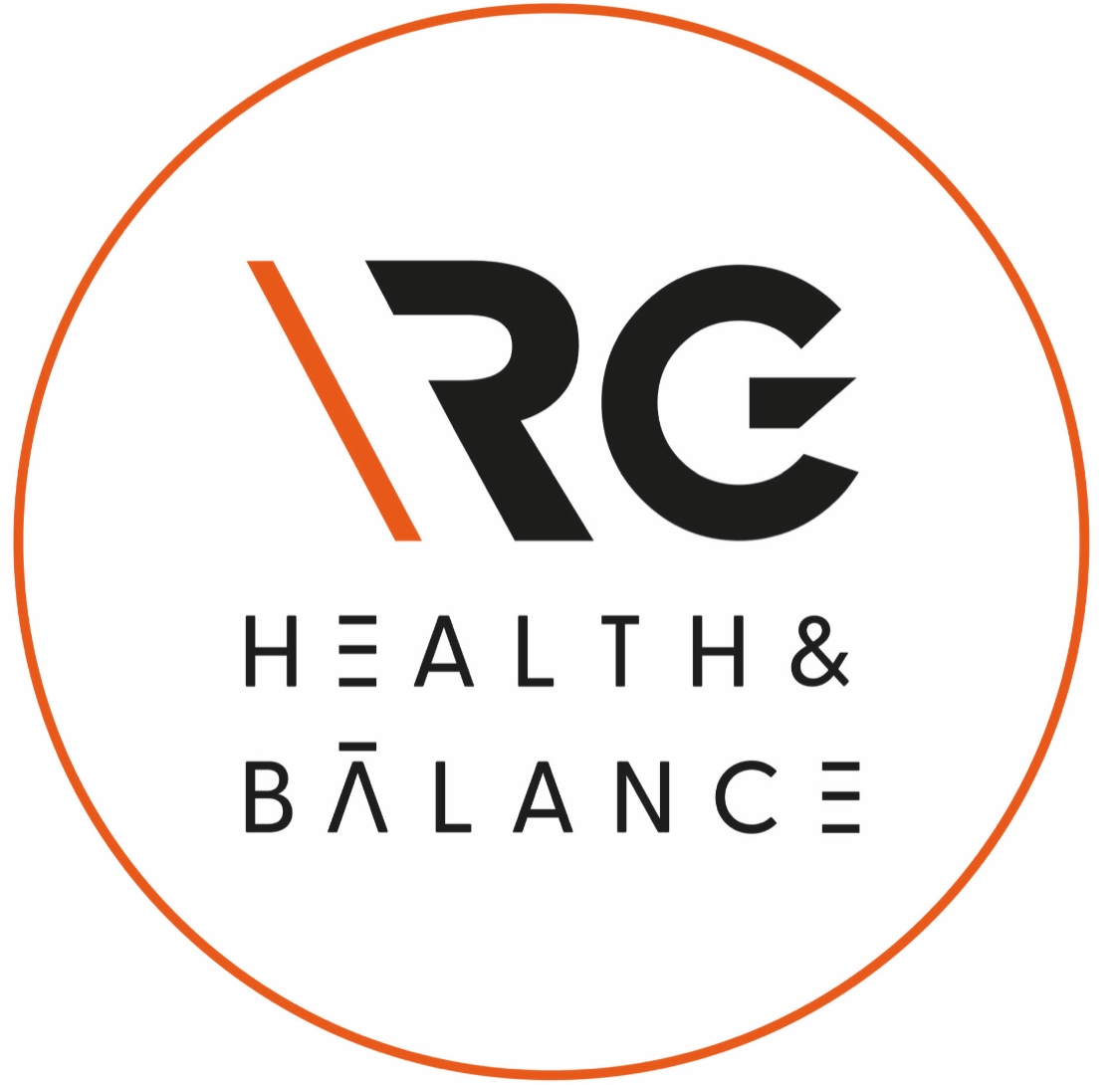The Importance of Vitamin D: The Magical Benefits for the Body
- \ Raul Gabellini

- Jun 5, 2025
- 3 min read
By Raul Gabellini, GABELLINI - Health and Balance
One of the current trends in the field of health and wellness is the emphasis on the importance of micronutrients, particularly vitamin D. Often referred to as the "magic vitamin," vitamin D plays a crucial role in our overall health, and its benefits go far beyond what one might imagine. In this article, we will explore the impressive benefits of vitamin D, how it works in the body, sources of this essential vitamin, and how to ensure we get enough of it to stay healthy.
What is Vitamin D?
Vitamin D is a fat-soluble vitamin, meaning it dissolves in fats and the body can store it. It is unique because our body can synthesize it when exposed to sunlight. In fact, sunlight is one of the main sources of vitamin D, but it is also found in certain foods and supplements. Vitamin D exists primarily in two forms: vitamin D2 (ergocalciferol) and vitamin D3 (cholecalciferol). D3 is the form our body naturally produces under the influence of the sun and is generally considered more effective.
The Benefits of Vitamin D
1. Boosting the Immune System
One of the most important functions of vitamin D is its role in supporting the immune system. It helps activate our body's defenses against various infections and diseases. Studies have shown that adequate levels of vitamin D can reduce the risk of respiratory infections, including the flu and potentially even viral infections like COVID-19.
2. Bone and Dental Health
Vitamin D is essential for the absorption of calcium and phosphorus, two minerals that play a significant role in the health of bones and teeth. Sufficient levels of vitamin D can help prevent bone diseases such as osteoporosis and rickets in children. By maintaining an adequate level of this vitamin, you contribute to strengthening your skeleton and preventing fractures.
3. Improving Mood and Mental Health
Another fascinating aspect of vitamin D lies in its impact on our emotional well-being. Studies have established a link between vitamin D deficiency and mood disorders such as depression. Having adequate levels of vitamin D may therefore play a key role in regulating our mood and combating depressive symptoms.
4. Cardiovascular Protection
Research suggests that vitamin D may also be beneficial for heart health. It may play a role in reducing high blood pressure and improving heart function. Vitamin D is involved in various physiological processes that influence blood circulation and cardiovascular health.
5. Support for Metabolic Health
Vitamin D has also been linked to the regulation of metabolism and weight management. A deficiency in vitamin D may be associated with an increased risk of type 2 diabetes and other metabolic disorders. By supporting insulin sensitivity, vitamin D may play a protective role in these diseases.
How to Ensure Enough Vitamin D?
1. Sun Exposure
The most natural way to obtain vitamin D is to spend time in the sun. Moderate sun exposure for 15 to 30 minutes several times a week may be sufficient to maintain adequate levels, depending on skin color, latitude, season, and other factors. Remember that using sunscreen, while important for preventing sunburn and skin cancer, may reduce vitamin D synthesis. Therefore, it is recommended to have short periods of sun exposure before applying protection.
2. Diet
Certain food sources are rich in vitamin D. Vitamin D is primarily found in fatty fish (salmon, mackerel, sardines), egg yolks, liver, and fortified dairy products. For those who do not consume these foods, such as vegans, sources of vitamin D2 or D3 from plant origins may be available in supplement form.
3. Vitamin D Supplements
For many people, especially those living in low-sunlight areas or those with naturally low vitamin D levels, taking vitamin D supplements may be an effective solution. Consult your doctor for an appropriate dosage, as excessive levels can also be problematic.
Conclusion
Vitamin D is much more than just a vitamin; it is essential for our overall well-being. Its role in boosting the immune system, supporting bone health, improving mood, and protecting the heart makes it a key player in our health. Ensure you get enough vitamin D through reasonable sun exposure, a balanced diet, or if necessary, supplements. Take care of your health, and don’t hesitate to consult a professional to assess your vitamin D levels and make the necessary adjustments for a healthy life.
Take care of yourself and your balance.
Raul Gabellini
GABELLINI - Health and Balance




Comments